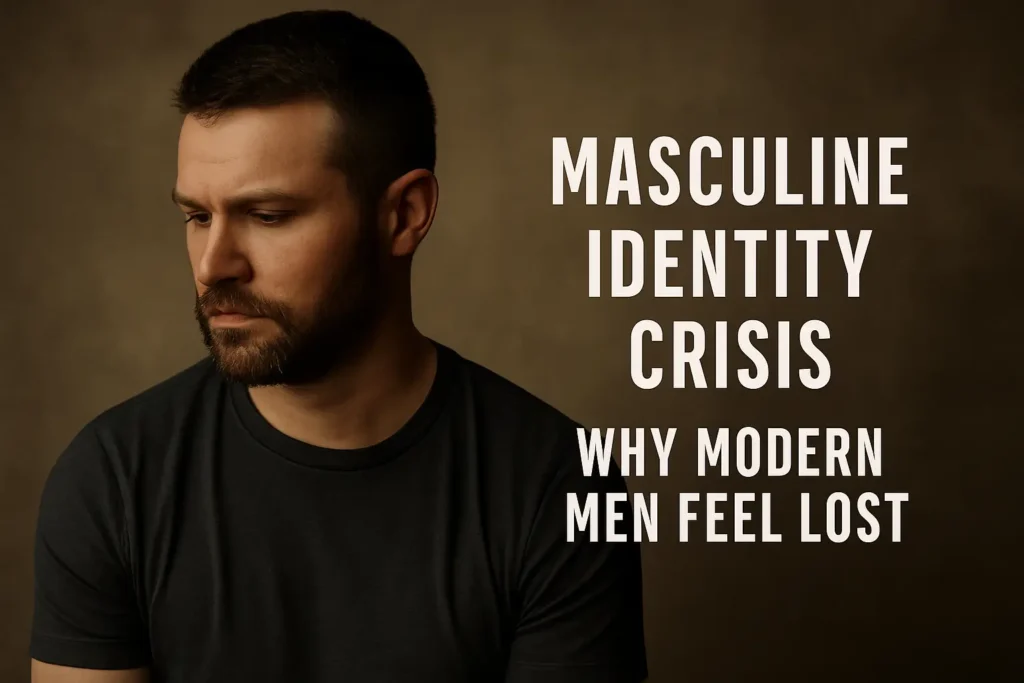
Table of Contents
Introduction: The Age of the Lost Man
We live in a time where men are told to “be strong but not too strong,” “lead but not dominate,” “be sensitive but not soft.”
Everywhere he turns, the modern man hears mixed messages. If he leans into traditional masculinity, he’s labeled toxic. If he leans the other way, he’s seen as weak.
The result? A full-blown masculine identity crisis.
Men are wandering without a blueprint. The roles that once anchored them — protector, provider, leader — have been dismantled. At the same time, no clear replacement has been offered. Just contradictions and criticism.
This isn’t just cultural noise. It’s leaving men confused, anxious, and unsure of who they’re supposed to be.
This article isn’t about nostalgia for the past. It’s about confronting the truth: modern culture has left men without a map. And if you don’t build your own, you’ll stay lost.
The Shattered Blueprint of The Masculine Identity Crisis
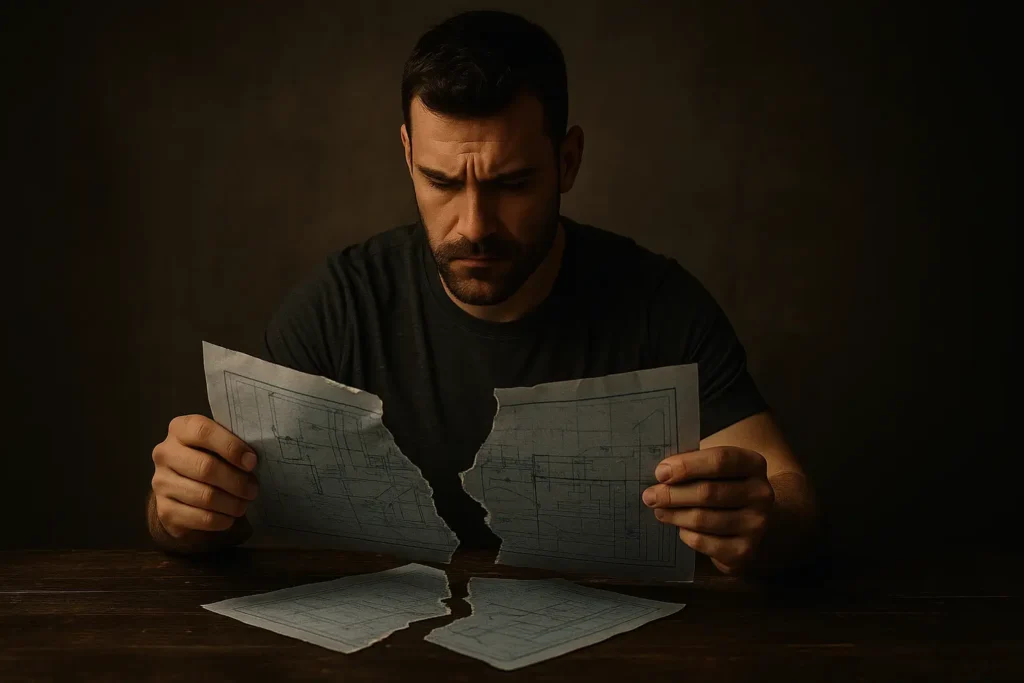
For most of history, men knew their role. They were protectors, providers, builders, and leaders. The script wasn’t complicated. A man’s worth was measured by his ability to shoulder responsibility and ensure survival.
That blueprint wasn’t perfect, but it gave men clarity. They had direction. They had a place. They knew what was expected of them — and they knew who they were.
The Collapse of Tradition
In the last few decades, that blueprint has been torn apart. The industrial age shifted work from physical labor to office desks. The sexual revolution rewrote relationship dynamics. Feminism reshaped gender roles. And technology made survival less about strength and more about convenience.
The result? Men were left standing in the rubble of their old roles without a clear new identity to pick up.
The Death of the Provider Role
It used to be simple: a man provided. That was his duty and his pride. But in a world where women work and earn on equal footing, the provider role alone no longer defines masculinity. Men who cling to it feel outdated. Men who abandon it feel worthless.
Leadership Without Permission
Men once led by default. Now leadership is questioned, even punished. Many men retreat into passivity to avoid criticism, but end up hollow and resentful. Others try to lead without grounding, only to be called controlling.
The truth is brutal: when the cultural blueprint shattered, men were left without instructions. And in that vacuum, confusion took root.
The Mixed Messages of Modern Culture
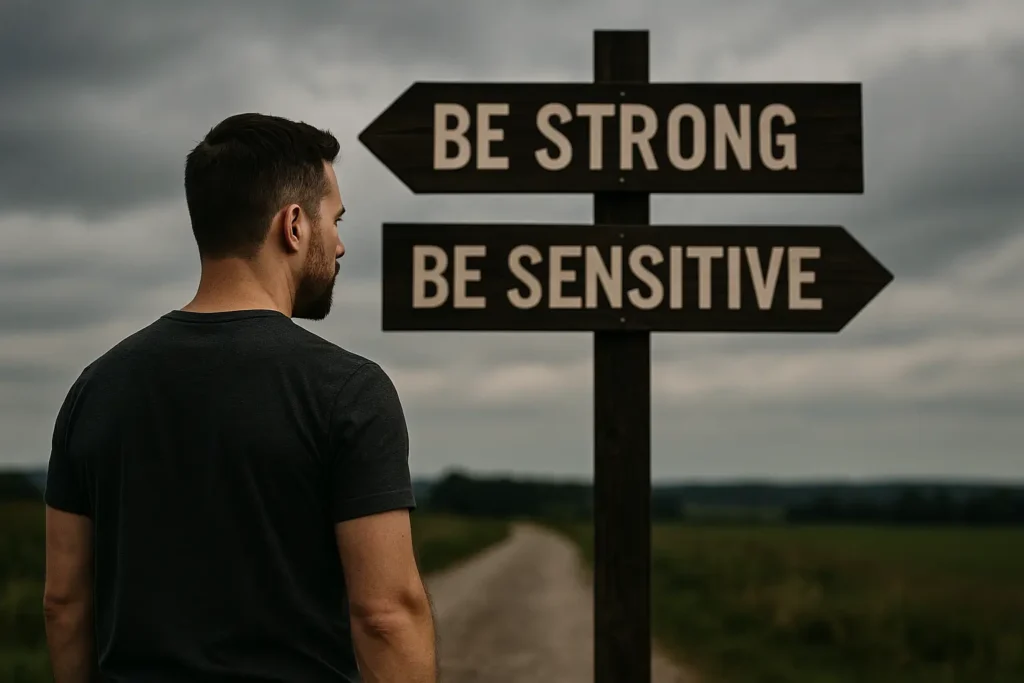
The masculine blueprint didn’t just vanish — it got replaced with contradictions. Modern men are bombarded with rules that cancel each other out.
Too Masculine = “Toxic”
If a man is ambitious, assertive, or physically dominant, he risks being labeled toxic. The very traits that once made him respected are now seen as dangerous. Men who lean into traditional masculinity often find themselves shamed, not celebrated.
Not Masculine Enough = “Weak”
On the flip side, men who soften, who hold back their drive, who try to fit into the new “sensitive male” ideal — they don’t get respect either. Women may praise them publicly, but privately call them boring. Other men dismiss them as pushovers.
Damned If You Do, Damned If You Don’t
This is the heart of the crisis: men are punished whichever way they lean. Show strength, you’re toxic. Show sensitivity, you’re weak. No matter what you do, you’re wrong.
The Cultural Double Standard
Meanwhile, women are encouraged to be anything they want — strong, soft, leaders, nurturers, ambitious, or carefree. Men, however, live under constant contradiction. The boundaries of masculinity keep shrinking until there’s no room left to move.
And when every move you make is criticized, it’s no wonder so many men check out, hide in distractions, or numb themselves into apathy.
The Cost of the Masculine Identity Crisis

A man without identity isn’t neutral — he’s unstable. When you don’t know who you are, you can’t stand firm. And the cost of this masculine identity crisis is showing everywhere.
Mental Health in Decline
Men today report higher levels of anxiety and depression than ever before. Suicide rates among men are consistently higher than women, not because men are weaker, but because they’re more isolated and less willing to seek help. A man who doesn’t know his place in the world eventually feels like he has no place at all.
Broken Relationships
Without clarity, men stumble in relationships. Some overcompensate with aggression, others retreat into passivity. Women sense the instability and either dominate the dynamic or walk away. The result? Rising divorce rates, fatherless homes, and men unsure if love is even worth pursuing.
Addiction and Escapism
When men can’t find meaning in reality, they escape into fantasy. Porn, video games, drugs, endless scrolling — all are numbing agents for the identity crisis. They don’t solve the problem, they just distract from it.
Generational Ripple Effect
When men lose their identity, families suffer. Sons grow up without examples. Daughters grow up without stability. And the cycle of lost men repeats itself with even more intensity in the next generation.
This is the real price of the crisis: not just individual suffering, but the slow unraveling of families, communities, and culture itself.
Rebuilding a Masculine Identity

The good news is this: the masculine identity crisis doesn’t have to end in collapse. Men don’t need to wait for society to hand them a new script. They can rebuild their identity on principles that never expire.
Anchor in Timeless Masculine Virtues
Strength. Discipline. Courage. Responsibility. These traits mattered 500 years ago, and they’ll matter 500 years from now. Culture can debate the details, but these principles don’t change.
Reject Cultural Confusion
Stop chasing the approval of a society that can’t make up its mind. If you live for validation, you’ll always feel pulled in every direction. Build your identity on standards you choose — not on contradictions someone else throws at you.
Create Your Own Code
Every man needs a code: a set of principles that guide his actions. It doesn’t need to be complex. Three to five clear standards — like honesty, self-reliance, and courage — are enough to give you direction. Live them daily, and you’ll never be lost again.
Brotherhood as a Compass
A man alone is vulnerable. A man surrounded by strong brothers is unshakable. Brotherhood gives you accountability, clarity, and strength when the crisis tries to pull you under. Men sharpen men, but only when they stand together.
Rebuilding masculinity isn’t about going backward. It’s about reclaiming what’s eternal and living it forward with conviction.
Conclusion: The Truth Bomb
The masculine identity crisis is real — but it isn’t permanent.
Men today are lost not because masculinity has disappeared, but because the cultural map has been shredded. They’re told to be strong but not too strong, soft but not too soft, leaders but never dominant. No wonder so many end up paralyzed.
But here’s the truth: you don’t need culture to tell you who you are. Masculinity isn’t something society grants you. It’s something you claim through your actions, your standards, and your code.
The crisis is a call — a chance to stop waiting for permission and start defining yourself. Men who answer that call don’t beg for validation. They don’t crumble under contradictions. They stand on timeless principles, live with clarity, and rebuild an identity that no trend can erase.
Because masculinity isn’t lost. It’s waiting. And the men who choose to reclaim it will be the ones who carry themselves — and the world around them — forward.
👉Want to reclaim your life?
Join My Newsletter The Honest Masculine weekly newsletter — and you’ll get instant access to my (The Masculine Comeback: A 7-Day Reset for Men Who Feel Lost). No fluff, no filters. Just raw truths about breakups, masculinity, fatherhood, and the quiet battles men face alone.
It’s for the man who’s done pretending.

If you like my content? Let me know by Buying me a coffee. Thanks 🙂
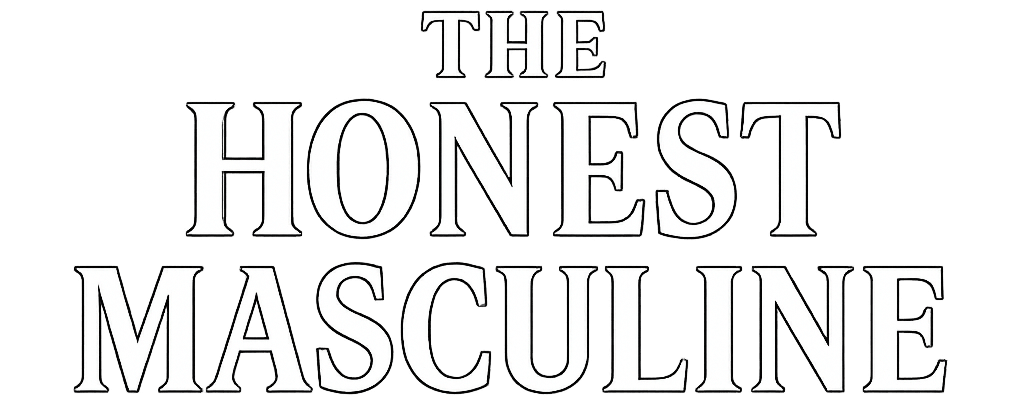
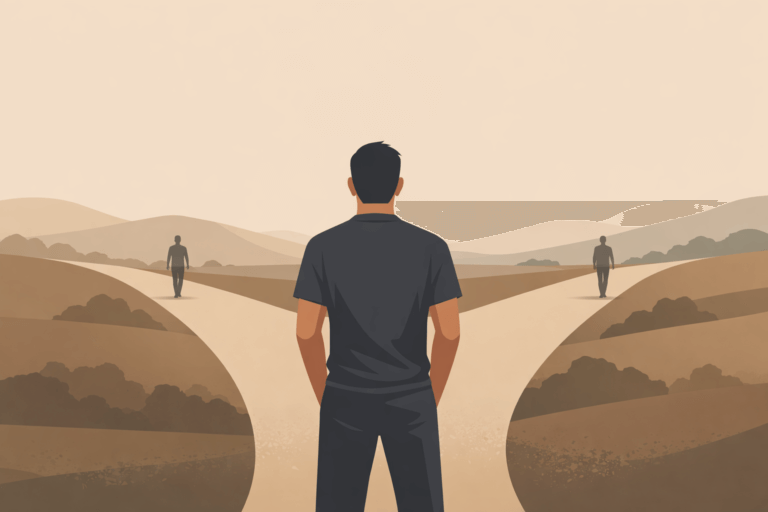

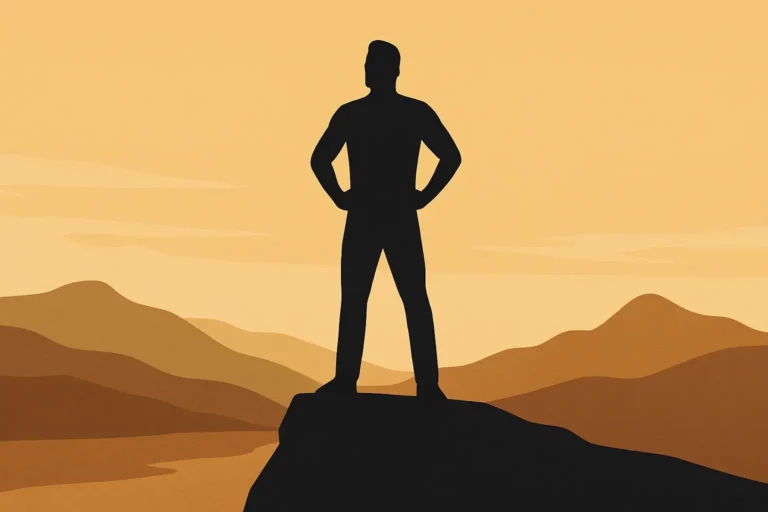
[…] a scar — it’s the blueprint of their entire identity. This is the toxic link between shame and male identity: men begin to see themselves not as flawed, but as […]
[…] the truth: a man cannot build himself in isolation. Brotherhood has always been the forge of identity. From ancient warrior tribes to modern brotherhoods in sports, military, or even recovery circles […]
[…] here’s the truth: work alone doesn’t give you identity. It gives you a role. And a role can be stripped away in a […]